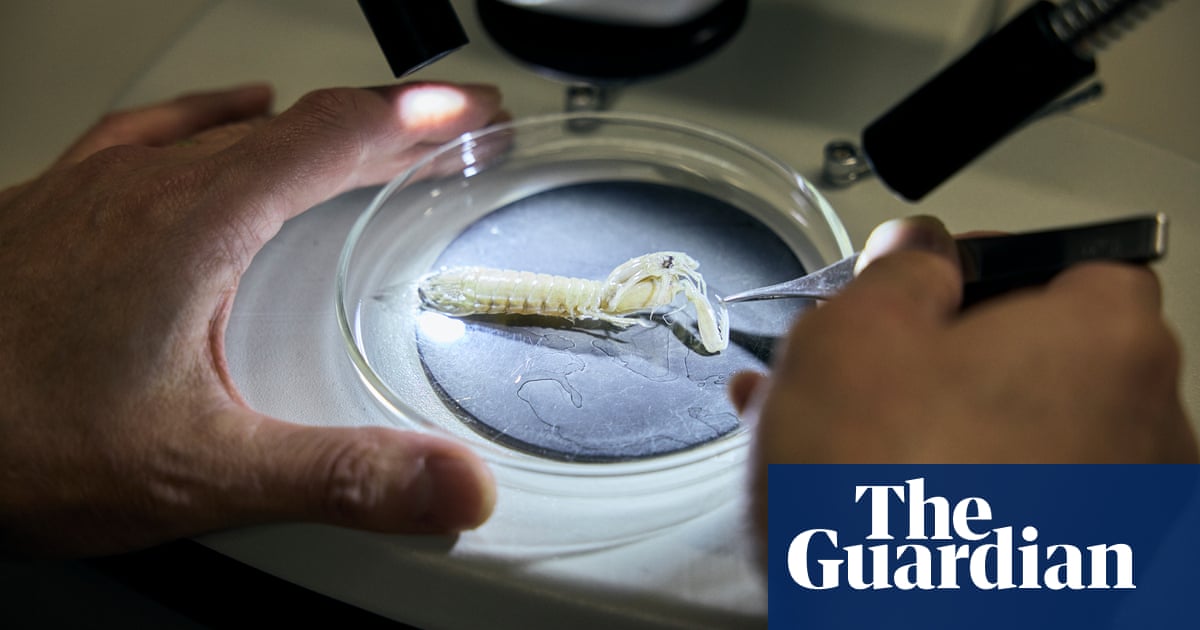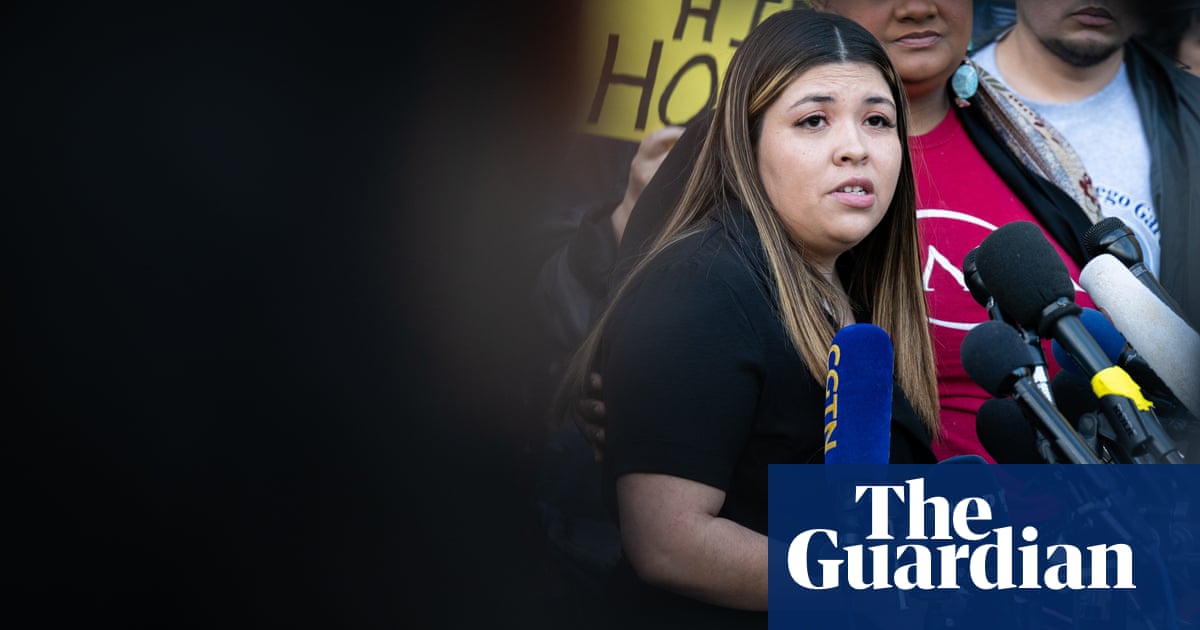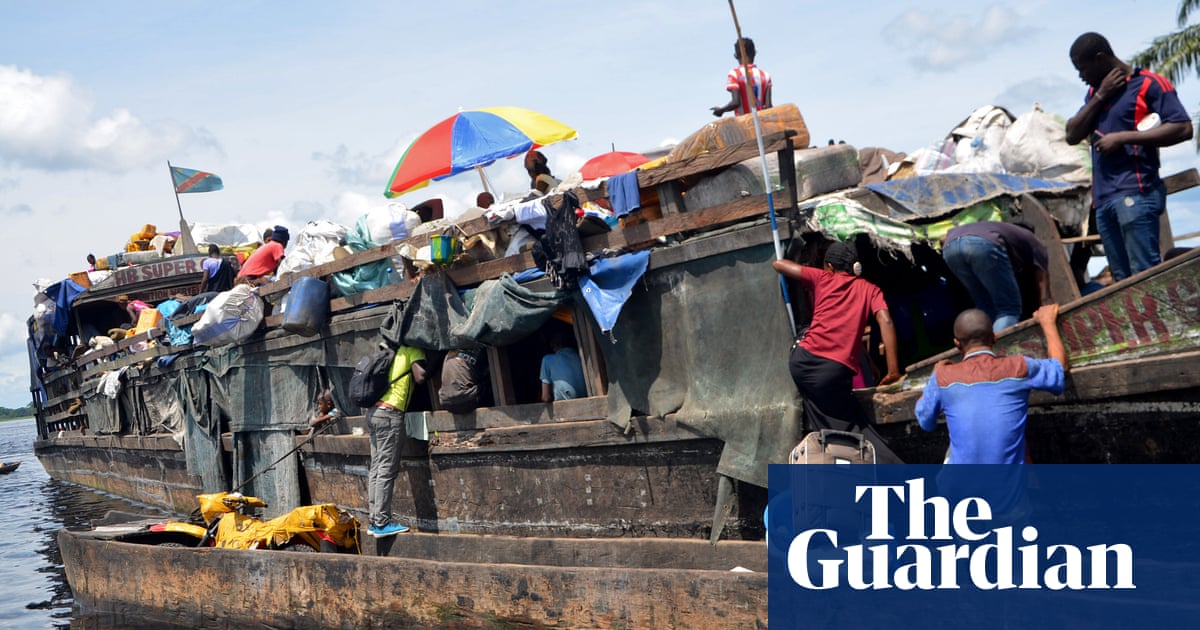Two and a half weeks into the campaign, two and a half to go, two TV debates down, and we still have question marks about how Peter Dutton would act as prime minister.
Trailing in the polls and slipping further behind Anthony Albanese, Dutton needs to start nailing the few nationally televised media opportunities he gets in order to colour in some of the details the voting public wants to know about him.
Wednesday night’s debate on the ABC – where Dutton demurred on whether climate change was exacerbating weather events, dodged six consecutive questions about his planned public service cuts, ducked questions on Donald Trump and Xi Jinping by saying he didn’t know the two leaders, and had to admit a mistake in talking about reports of Russia seeking to base military aircraft in Indonesia – was not exactly the stuff that gets undecided voters running to the polling booth.
Neither Albanese nor Dutton smashed the ABC debate. Moderator David Speers ran the show like a joint interview on his Insiders program, probing each man with repeated follow-ups when they dodged questions: Dutton on the uncertainty over his cuts, Albanese on when energy prices would come down under his renewables-heavy power plan. Speers forced the two to actually answer the question, not just give an answer to the question they wished they had been asked.
Dutton arguably landed the best punch of the debate, mocking Albanese for claiming there had been no modelling done on changes to negative gearing (treasurer Jim Chalmers said it was “not unusual” for governments to get such advice, even as he stressed it wasn’t on their radar). Laughing as Albanese said it wasn’t commissioned by Labor, Dutton said it was “publicly available”. Albanese looked uncomfortable as Dutton continued: “This prime minister has a problem with the truth.”
But Dutton had his own problems with the truth. After 24 hours of being accused of “verballing” Indonesia’s president and “fabricating” a statement from Prabowo Subianto, Dutton finally conceded he had got it wrong when claiming there had been an announcement from Jakarta about Russian planes. For the second time in this campaign, he admitted he’d made a mistake.
Dutton still failed to come clean on how he would slash government services to make savings. Six times at least Speers asked what specifically he would trim. Dutton offered only that he was searching for “inefficiency”, and conceded “we won’t achieve all of the savings we need to achieve through our changes to the public service”.
Labor will run that line from now until election day, to bolster their claims of “secret cuts” coming to essential services.
Albanese dissembled a similar number of times on when energy prices would come down, saying they already had under this government – even as both men say more needs to be done to ease hip pocket pain. Asked about the legacy they wanted to leave, Albanese offered affordable childcare, while Dutton said his gas reservation plan would be his defining moment.
after newsletter promotion
That answer was also the first time he spontaneously brought up nuclear. The Coalition haven’t exactly memory-holed that controversial idea yet, but it’s not top of their agenda. Given Dutton’s long-winded and unconvincing answer on nuclear and water usage, sounding somewhat like John Hewson with his birthday cake, it’s clear why they are not singing it from the rooftops any more.
Concerning, too, was his shakiness on speaking about climate change. The same day Guardian Australia revealed anti-renewables comments from Coalition MP Colin Boyce to a group of climate science deniers, Dutton said he would “let scientists pass that judgment” about whether climate change was making weather events more serious. The Liberal leader conceded there was “an impact” but when asked if recent natural disasters were examples of climate change happening now, Dutton only offered: “I don’t know because I’m not a scientist”.
Albanese quickly countered: “The science is very clear. It doesn’t mean that every single weather event is because of climate change. It does mean the science told us the events would be more extreme and they’d be more frequent.”
After an hour, there was no winner announced by the ABC, and no clear winner emerged. Albanese, ahead in the polls and ahead on the electoral scoreboard, is probably fine with a spirited draw in the debate. Dutton, with a mountain to climb and a dwindling number of days to do it, is fast running out of opportunities to get ahead.
And with performances like this, where he offered very little evidence of how he would act if he got the top job, it’s unclear what he’s pinning his hopes on to overcome the gap.










